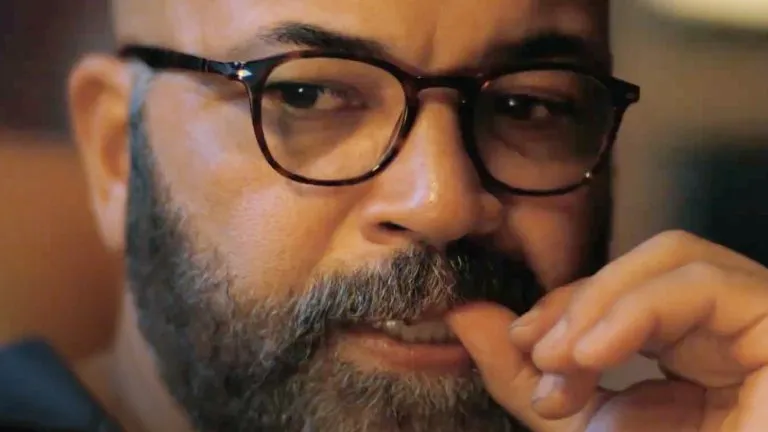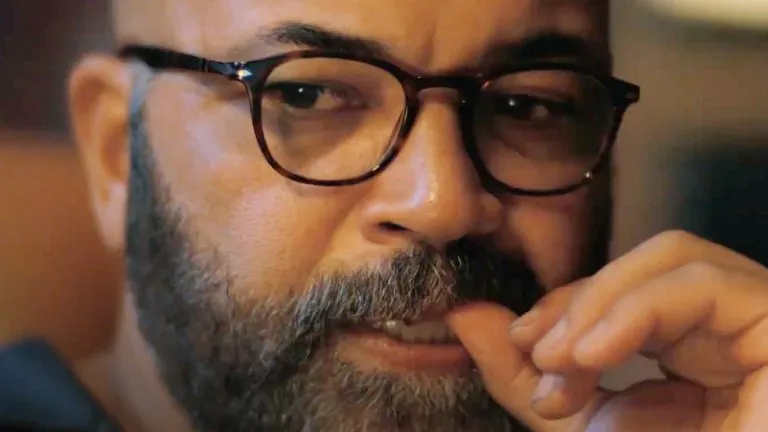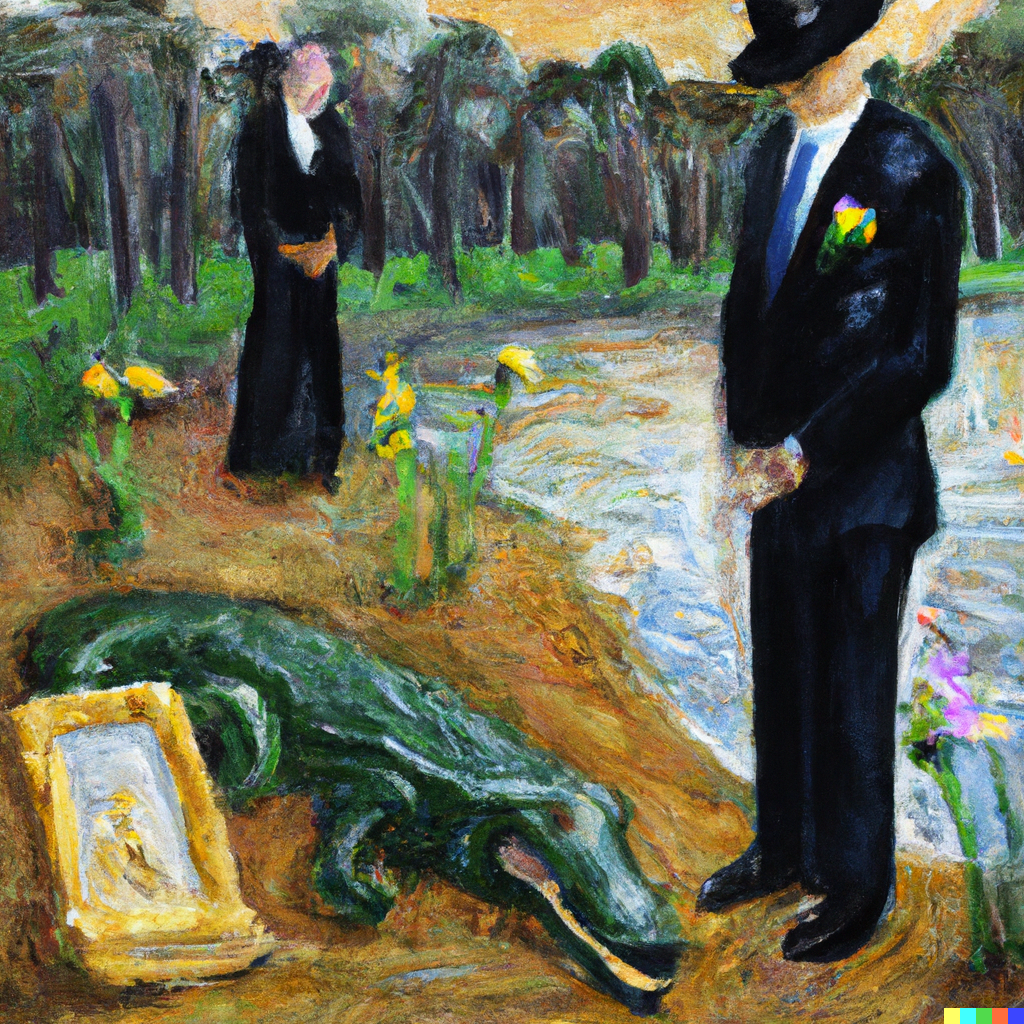The Opera Singer
H. A. Sappho, November 15, 2023
He’s a meditator.”
“No, a singer.”
“No, it’s meditation. I can hear it.”
“I was a singer. I know the exercises.”
“I’m telling you he sounds like he’s meditating.”
“He’s training his voice.”
“He holds his notes like he’s chanting.”
“Remember, I went to school for this.”
He gives her a kiss, his wife. She’s French, he’s Turkish, both are Fulbright scholars of language. Heloise and Cem. Heloise has been here four months, Cem for three; in fact he arrived in Hanoi on the same September day I did. I met Heloise in the first week of my stay, when she sat with Mr. Minh and me over tea. Now I am listening to them discuss the mysterious voice in the apartment complex they hear every afternoon and will soon be leaving when they move into their new apartment next week. We are sitting in one of the better hamburger restaurants in Hanoi, a place they go to once a week when they have a taste for Western food. Both meat and vegan options are available here, both are reputed to be very good. Tonight’s the night I find out. Cem turns to me.
“It’s amazing,” he says. “Every day at the same time he starts singing.”
Gulp.
“We’ve started to set our day by it,” Heloise says.
“It’s our afternoon clock. When he chants—”
“Sings—”
“That’s when we know the time.”
“What time is that?” I ask.
“1:30, every day.”
Wince.
“It started as an inconvenience, and then became convenience.”
“Did it ever bother you?” Cem asks.
“Not as much at the drilling in the wall,” Heloise answers.
That’s why they’re moving. The apartment repairs, or completions—I’m not sure which myself—have continued unabated the entire time I have lived there. But it has never bothered me as much as I know it must bother almost everyone else. Neither does the rooster that crows at three every morning—“every morning”—or the honking of cars or occasionally yelling voices that pass in the middle of the night.
What is the new apartment like?
Cem looks at Heloise. “It’s quieter,” she says.
“And we will have our own washing machine and drier.”
Their own?
“Inside our apartment.”
“So we won’t have to wait like at our current apartment.”
“All for only twenty more a month.”
“That is a good deal.”
“This is on Yen Phu island?”
“No. Further up. To To Ngoc Van.”
It’s a nice street that I have only recently discovered, where many of the expats live. There is less noise and traffic, which is not to say that there is no noise and traffic. But the charm of the street’s rising curve framed by many shops and restaurants is pleasing to the eye.
“But there is no singer.”
“Is that a good thing?”
“Yes.”
“No.”
Cringe.
“We’re not sure.”
“Our clock is gone.”
“But our afternoons will be quiet.”
“No more meditation exercises.”
“Voice exercises.”
“I’m telling you he’s a monk of some kind.”
“He’s an opera singer.”
“Why do you call him an opera singer?” I ask.
“It’s her name for him,” Cem says. “Heloise trained in opera.”
Heloise turns to me with a comic face. She really was trained in opera. You would not think to look at her that her slight frame and birdlike manner could belt out all those opera melodies, but it can. Music pervaded her childhood. Cem says that when he visits the family, the whole house is filled with music. It sounds like a Louis Malle film, I say. Does Heloise play an instrument too?
Yes.
Which one? I’m expecting the violin, but Cem laughs and nods to her and Heloise says:
“The accordion.”
This is such a French cliché that it makes all three of us laugh. But Heloise then adds that she also plays the piano. When they were in Istanbul, Cem bought her a piano—they show me photographs, a thick white piano—that allowed her to practice every day, but it was too large to transport when they moved. Can’t they buy one of those portable keyboards now?
“It’s not the same,” Heloise says.
“It’s the weight of the keys,” Cem says.
“The way the keys feel when you touch them affects how you play,” Heloise says. “I need real piano keys to play the right way.”
But she is thinking about buying a smaller piano than the one in Istanbul while they are here. When they left it was too big to take with them, so they sold it to their landlord because his daughter was learning to play.
How long will they be here in Hanoi? Their contracts last a year, though they can break them with one-month notice. Heloise got her job here first, a very good job. Cem’s job is less prestigious, but he also taught Turkish for half a year at Stanford when they were in the Bay Area, which sounds pretty prestigious. The Bay Area is where they lived for half a year after meeting in a group orientation with other Fulbright scholars of language in Los Angeles.
So Cem was a Stanford professor for a time?
It was more circumstantial luck than anything else, he says. “There was only one other person in the program who spoke Turkish, and they needed a teacher.”So he taught a seminar for half a year.
Cem’s accent is almost nonexistent in English; Heloise’s is so charmingly French that I hope she never loses it. Cem says that Heloise is a phenomenon of languages. They come so easily to her it astonishes him. You can see the admiration as well as the love in his eyes. How many languages does she speak? She rattles off a few, and hesitates at the two that are no longer fluent. His skill he says is more theoretical. He likes teaching languages. They may both set up online courses at some point.
Where would they go if they leave Hanoi?
There are only two places they’ve determined that they would want to live. One is Scotland, the other is California. Since they already lived in the Bay Area for half a year that might be their first choice, though the moody landscapes of Scotland have their appeal. The Bay Area makes sense, though. I can see them there more than in Los Angeles. There are too many invisible elbows in Los Angeles knocking you about the endless freeways under the infinite sky with the tactics of competition and envy and social ranking, all while flashing the bright gleaming smile of breezy friendliness seeming to welcome all to the capital of the American Dream, which is Hollywood, which as a landscape doesn’t really exist, except as a scruffy boulevard with seedy shopfronts ending at a swollen mall where the Oscar ceremony is held once a year.
What happens if Heloise gets a piano and then has to move again?
“We will try to get one small enough to transport.”
“You’ll still lose your opera singing clock,” I tease.
“Meditator,” Cem chides.
“But who is he?” Heloise says.
“This has obsessed her,” Cem laughs.
“I wonder what he’s like.”
“Why?” I ask.
“Why’s he training his voice to sing in an apartment in Hanoi?”
“That’s why he’s a meditator,” Cem says. “A singer would train in a studio.”
“Maybe he’s neither,” I offer. “Could just be speaking exercises.”
“No. The purpose is obvious,” Heloise says. “Singing.”
Cem turns to me. “Do you ever hear him?”
“Sometimes,” I gulp. “Most of the time.”
“Do you know who he is?”
“Not really,” I say.
Heloise chimes in. “Would you do us a favor and try to find out?” she asks.
“Find out?”
“Who he is.”
“Yeah,” Cem adds. “What’s his story?”
“Okay,” I say.
“And then let us know.”
“I’ll do my best,” I say.
One thing is sure. Tomorrow, when I go through the next round of Aa-Eh-Ee-Ooh-Uuuuuuus in my apartment, I’ll have to close more doors.
You may also like

Eyes of the Beholden
Unspoken desires linger in the shadows of a teacher's life, revealed through art

LOST
Bessie's odyssey through stormy nights, lost love, and secret graveyards unfolds with haunting beauty in "Lost" by Sandra Dennis.

Water Rising
Amidst a flood, a woman grapples with the past, and confronts the consequences in this haunting narrative of resilience.

Book Review: White Nights by Urszula Honek
The debut short story from Polish writer Urszula Honek, White Nights, is akin to reading an account of a haunted place – one that is beautiful and devastating in equal

Beyond the Surface: The Multifaceted Lives of ‘American Fiction’
In essence, "American Fiction" and the experiences it draws from remind us that we are indeed more than the sum of our parts.

Beyond the Surface: The Multifaceted Lives of ‘American Fiction’
The narrative of “American Fiction” unfolds with a dual focus: it not only scrutinizes the unique pressures faced by Black creatives but also delves into the intricate and sometimes tense…

Uncle Bobby’s Funeral
Reluctant family faces the eccentricities of Uncle Bobby's funeral in swampy Chipley.








